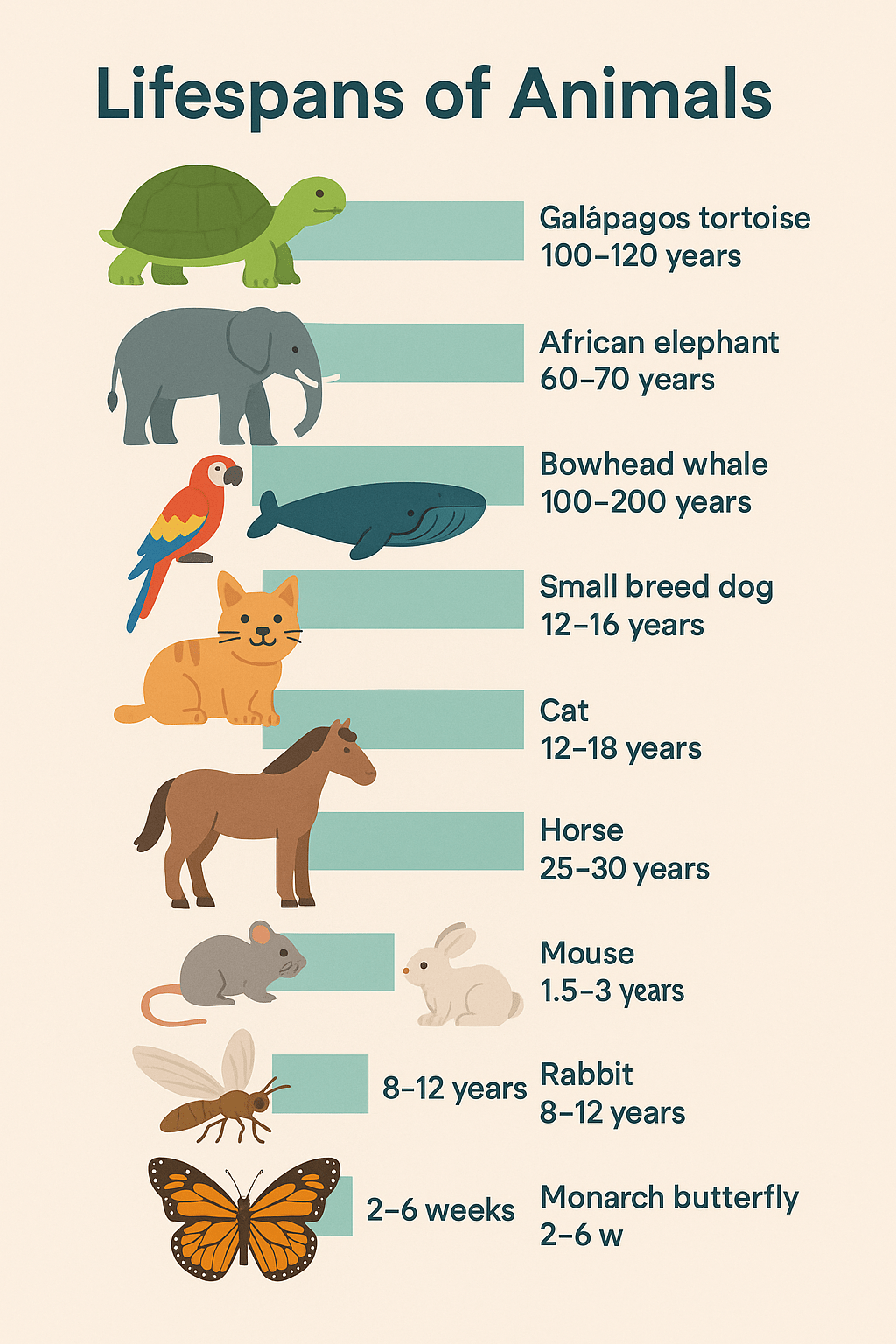
Why Hiring for Potential Can Be More Valuable Than Experience

Introduction
In the world of recruitment, the debate between hiring for potential versus hiring for experience is a longstanding one. While experience certainly has its place, there’s a growing recognition among forward-thinking companies that potential can be an even more valuable asset. As someone who spent 17 years in corporate management and conducted numerous recruitment interviews, I’ve seen firsthand how hiring for potential can lead to successful, dynamic teams that drive innovation and growth. This blog post will explore why prioritizing potential over experience can be a game-changer in recruitment and how it can contribute to long-term success.
1. The Changing Nature of Work
The rapid pace of technological advancement and the evolving nature of work mean that the skills required today might not be the same skills needed tomorrow. According to a report by the World Economic Forum, by 2025, 50% of all employees will need reskilling as the adoption of new technology increases . In such a landscape, the ability to learn quickly, adapt, and grow becomes crucial.
- Example: During my time in mid-management, I once hired a junior analyst with limited experience in data analysis but showed a strong aptitude for learning and problem-solving. Within a year, this individual had mastered advanced data tools and techniques, outperforming peers who had more initial experience but less willingness to learn new methods. This hire’s potential to grow and adapt was far more valuable than having a fixed skill set from the start.
2. Potential Fuels Innovation
Innovation is the lifeblood of any thriving business, and those who have the potential to think outside the box often drive it. Experience can sometimes lead to a fixed mindset, where individuals rely on tried-and-true methods rather than exploring new ideas. On the other hand, those with high potential are often more open to experimentation and creativity.
- Example: At one point, I needed to fill a role in product development. Instead of opting for a candidate with extensive experience in product management, I hired someone with a background in design and a passion for innovation but limited experience in product roles. This individual brought a fresh perspective to the team, leading to the development of a new product line that became one of the company’s top sellers.
3. The Drive for Continuous Improvement
Employees who are hired for their potential often have a strong desire to prove themselves, leading them to continuously improve and strive for excellence. This drive can result in higher levels of engagement, productivity, and overall job satisfaction.
- Example: I once hired a candidate for a sales role who had no prior sales experience but demonstrated an incredible work ethic and a hunger to learn. This individual quickly became one of the top performers in the department, consistently exceeding targets and even mentoring more experienced colleagues. The determination to succeed and grow can often outshine a resume full of past achievements.
4. Creating a Diverse and Dynamic Workforce
Hiring for potential allows organizations to bring in a more diverse range of talent. When companies focus too heavily on experience, they often end up with a homogenous workforce, where everyone has similar backgrounds and perspectives. This can stifle creativity and innovation.
- Stat: A McKinsey report found that companies in the top quartile for gender diversity on executive teams were 25% more likely to have above-average profitability . Diversity of thought, driven by hiring for potential, plays a significant role in achieving such results.
- Example: In one of my previous teams, I deliberately chose to hire individuals from non-traditional backgrounds—those with potential but no direct experience in the industry. This diverse team brought together unique viewpoints and skill sets, leading to creative solutions and a stronger overall team performance.
5. The Power of Growth Mindset
A growth mindset—the belief that abilities can be developed through dedication and hard work—is often found in those with high potential. This mindset is essential for navigating the challenges of today’s fast-paced work environment.
- Example: One of the best hires I made was an individual who had limited experience but an unwavering belief in their ability to learn and grow. This person approached every challenge as an opportunity to develop new skills, which not only benefited their career but also contributed to the team’s success. Their growth mindset inspired others around them to adopt a similar attitude, creating a culture of continuous improvement.
6. Flexibility and Adaptability
In a world where change is the only constant, flexibility and adaptability are key traits for success. While experience might equip someone with the skills to handle certain situations, those hired for potential are often better suited to adapt to new challenges and changes in the business environment.
- Stat: According to LinkedIn’s Global Talent Trends report, 92% of talent professionals and hiring managers said that soft skills like adaptability are just as or more important than hard skills .
- Example: In a rapidly changing industry, I once hired a candidate with minimal experience but who demonstrated exceptional adaptability during the interview process. This individual quickly became a go-to person for navigating new challenges, often leading initiatives that required quick pivots and out-of-the-box thinking.
7. Long-Term Value and Loyalty
Hiring for potential not only benefits the company in the short term but also pays off in the long run. Employees who feel that their potential is recognized and valued are more likely to be loyal and committed to the organization.
- Example: A candidate I hired for an entry-level role, despite their lack of experience, quickly advanced within the company due to their continuous learning and dedication. This individual stayed with the organization for many years, eventually moving into a leadership position. Their loyalty and long-term contributions far outweighed the initial lack of experience.
Conclusion
While experience is undoubtedly valuable, it should not be the sole deciding factor in recruitment. Hiring for potential can bring fresh perspectives, foster innovation, and create a dynamic, adaptable workforce that is prepared for the challenges of tomorrow. As the nature of work continues to evolve, so too must our approach to hiring. By prioritizing potential, companies can build teams that are not only skilled but also driven, creative, and resilient.
Call to Action
Are you involved in hiring? Consider placing more emphasis on potential during your recruitment process. You might just discover the next great innovator or leader within your organization. If you’ve had experience hiring for potential, share your thoughts and stories in the comments below—let’s continue the conversation!
Hello, I am Aman (: Full Time Traveler :) At the age of 41, in April 2023, fueled by my love for travel and the determination not to remain fixed like a tree, I embarked on a bold journey. Having dedicated 17 years to a corporate job, I chose to transition from a full-time employee to a full-time traveler, driven by the desire to break free from the routine and constraints of a conventional life. Along the way, I not only explored the wonders of travel but also uncovered the transformative power of financial freedom. I realized how it could liberate me to lead a life teeming with adventure, purpose, and fulfillment. Through my blogs, I am passionately sharing my story, aiming to inspire and provide valuable guidance to those, like me, who aspire to weave travel into a life overflowing with limitless possibilities.






















Post Comment
You must be logged in to post a comment.